Mandates, Boosters, & Kids
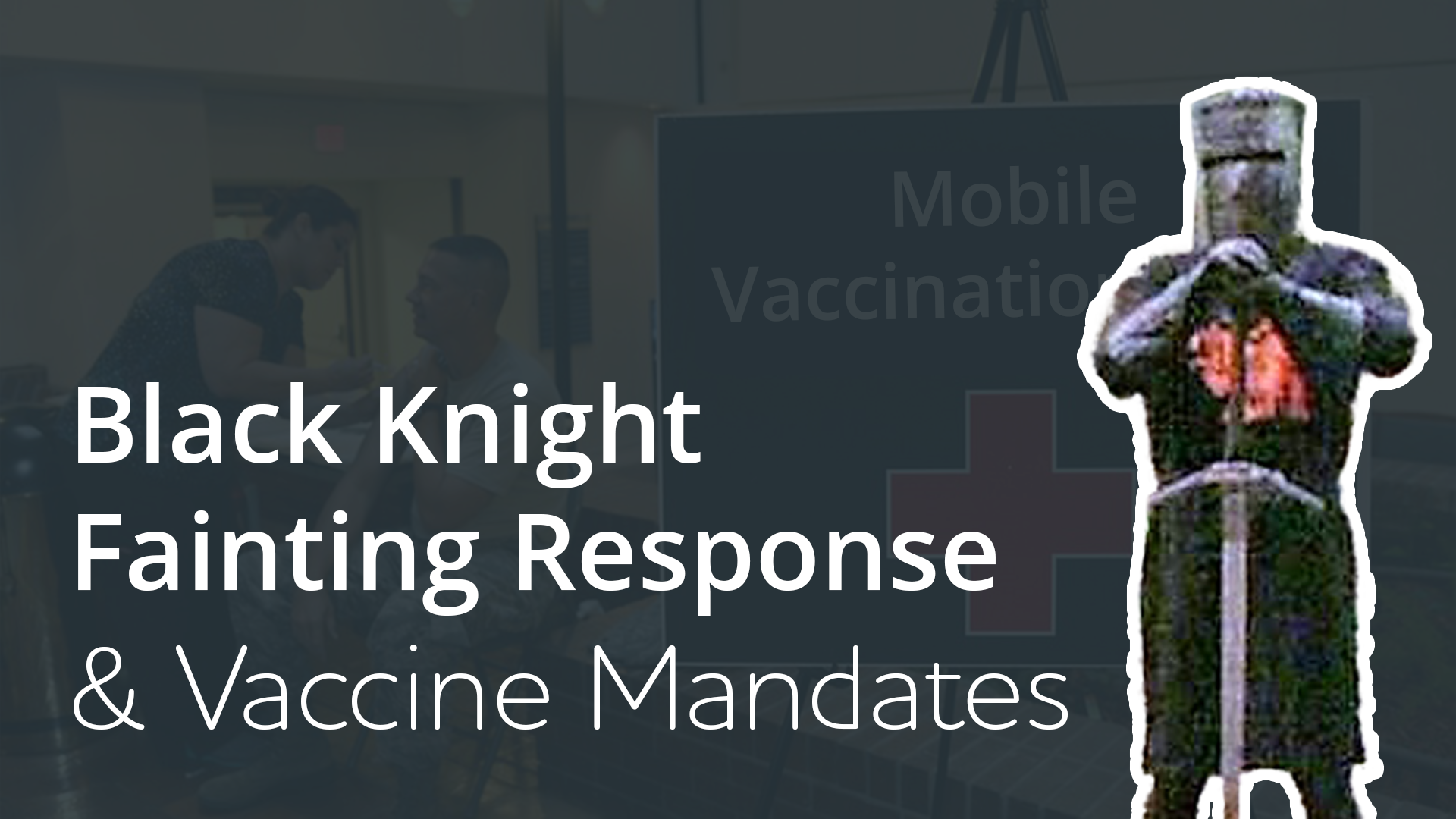

If Pfizer’s announcement leads to an October vaccine surprise, it may help corporate America comply with adult vaccination. And the winner of the booster/hospitalization contest is….? Also, some important information about the fainting response to vaccinations. #MontyPython
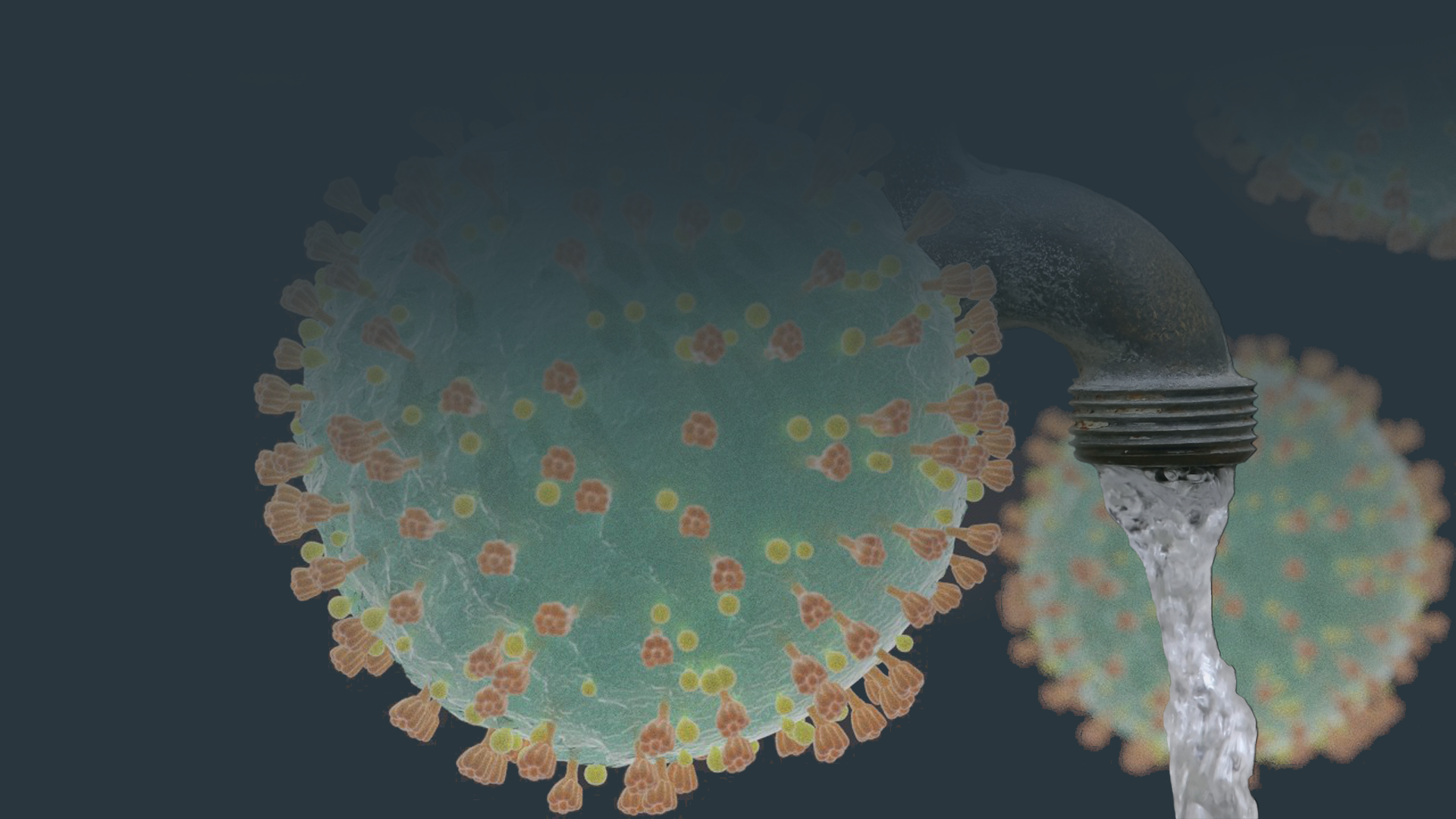
The pre-print is on Med Archives now.

The countries where they do the most nasal irrigation have really low covid infection rates.
Follow-up research on nasal irrigation shows that betadine is important as an ingredient in the solution used to rinse. Betadine is doing the virus killing while the other ingredients are doing the dilution and cleaning.
New studies show a loss of grey matter in the brain. This could be what contributes to loss of smell, PTSD, and other long covid effects. The delta variant starts replicating quickly before hitting the bloodstream. It hits the brain, replicating, and erroding. This mechanism of replication takes a long time. It gives healthcare providers a window of opportunity to abate the virus.
The accelerated time frame with the Delta variant is in part because it’s breathed in from the nose to the lungs. Decreased viral load with gargling is also an option that is beginning to get some support in studies.
Quercetin is an antioxidant found in natural food places. Zinc, which can be hard on the stomach so probably take it with food. Melatonin is an antiviral and sleep aid. Vitamins C can help the immune system after infection.
For kids under 10, definitely vaccinate if you or your child are immunocompromised. Vaccination is likely worth it for kids who want to travel.
For teens and those over 12 vaccination is important and necessary. We still don’t know a lot about the aftereffects of COVID especially long COVID, so vaccinating to avoid infection and decrease symptom intensity is very important. At some point, kids are going to need to get vaccinated, so you might as well do it now rather than later, risking severe infection.
Other colds and diseases are going around, so how do you tell whether those viruses need to get tested for COVID or not?
If you’re fully vaccinated, then the #1 Delta variant symptom is a headache. Then runny nose, then sneezing, sore throat, and loss of smell. Fever and shortness of breath which were early COVID hallmark symptoms are much further down on the list after vaccinations.
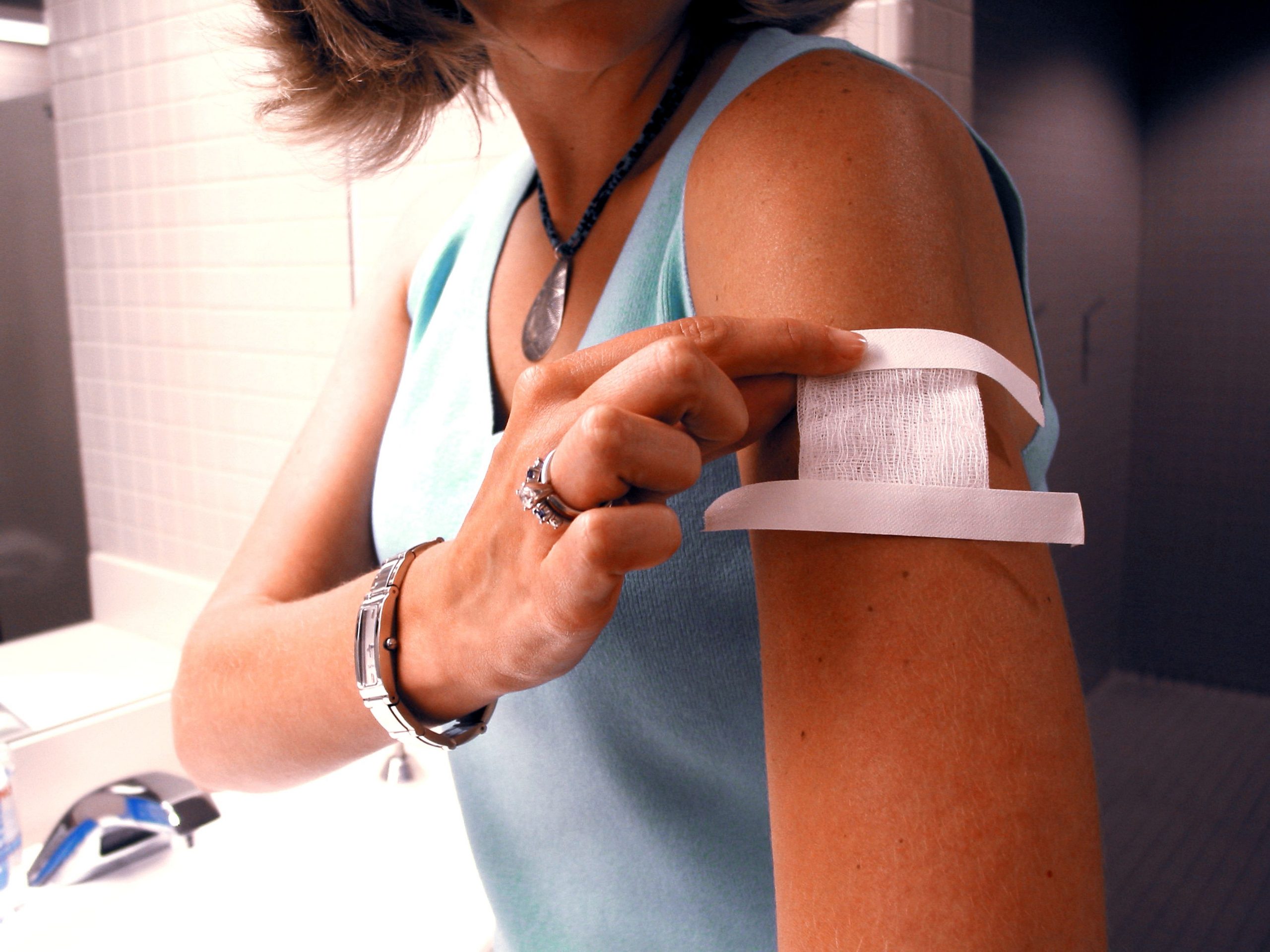
About 50% of eligible adults are vaccinated. Last winter, we found that 48 degrees is the temperature at which COVID survives the air, so we have time until the weather gets that cold.
In schools, only the people with organ transplants are not responding well to the vaccine, all other teachers can get vaccinated. And testing of vaccines on younger kids is showing 100% effectiveness.
What else is going to happen in the fall?
Vaccines are showing to be effective against the variants. The way mRNA vaccines work, they are going to be able to latch on and identify any variations in the spike protein on the coronavirus.
Transmissibility changes drastically depending on the season. Right now we should start to increase ventilation in our spaces. We need to get aggressive about using UV light in ventilation. Replace old units so that air is circulating correctly.
Currently, we only have half our population vaccinated. We need to figure out what’s going to happen going forward when vaccines are no longer subsidized. We need to figure out our game plan for boosters.
Existing guides talk about topical anesthetics, extinction therapy, and distraction.
Topical Anaesthetics – they are not proven to help at all. Anxiety spikes when the anesthetics patches are taken off. None of the science supporting anxiety relief is even in injections.
Extinction & Exposure Therapy – Not totally sure to what degree it works. But now is the time to test it.
Distraction – was mentioned by a lot of people in how they personally deal with needle fear. Give yourself an unusual mental task to do. Explain why you’re getting vaccinated and what it means to you. The immunization process is short and a distraction technique does not need to last very long.
People do not like admitting that they have needle fear. Asking “Are you afraid of needles” people will not say yes, but saying “How afraid of needles are you” will get further into the actual percentage of people with needle fear, which is high.
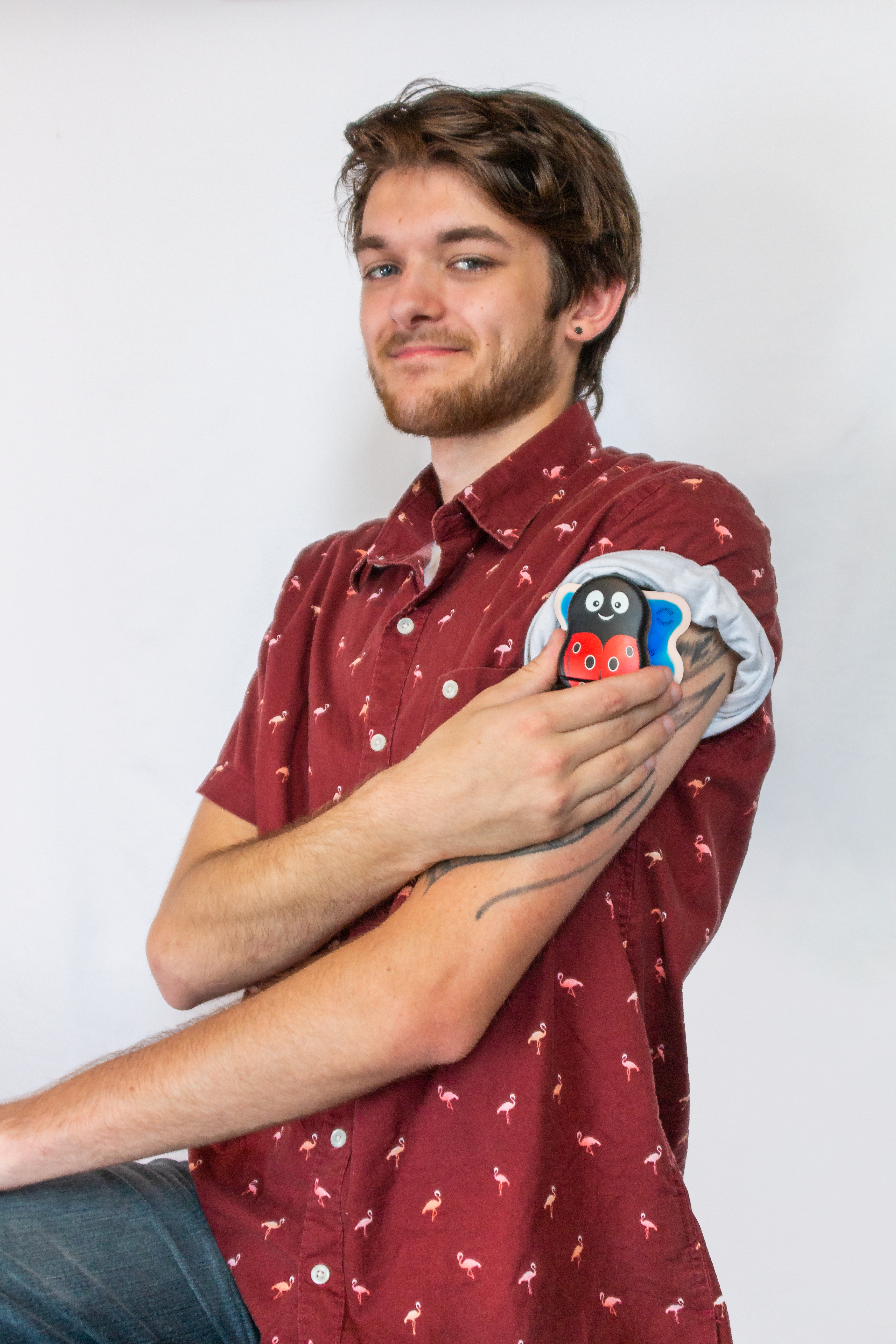
Dr. Baxter talks about what is going to give you longer-lasting immunity, getting sick, the vaccine, or both. She also breaks down the vaccine rollout for teens and pre-teens as Pfizer announces its opening up vaccines to those 12-15.
Are you more immune if you caught COVID or got vaccinated? Well, when it comes to variants, antibodies in infected individuals were about 10x lower than those that got a vaccine. Natural antibodies do not last very long, especially in people who had only a mild case.
However, the people who got sick and then vaccinated had the highest antibody count, supporting vaccination in either case.
In nasal irrigation studies done in healthcare workers, the frontline workers got infected less than was expected. But the neonatologists did not. That’s because all of the other frontline workers were constantly being exposed to other mild coronaviruses, building up an immunity to other strains that aided their immune system and t-cells when interacting with Covid-19. The neonatologists only seeing small babies directly after birth in totally sterile environments did not have similar exposure to other coronaviruses.
When it comes to Pfizer approval for teens, should I get my kid vaccinated and should colleges institute vaccine mandates?
Yes. They’re already vaccinated against meningitis and other highly contagious diseases that rip through dorms. Vaccinations work. They reduce the number of people who die of the disease.
In 2005, a survey asked parents who vaccinated their kids and those who did not what they were worried about. Parents who didn’t vaccinate their kids said they were worried about the intensity of the vaccine and the side-effects of the vaccine being worse than the disease.
The surveryor asked them what vaccines they did take if they refused some and not other. By and large the one vaccine that people did take over others was polio. Polio is one of the few vaccines that does have a high intensity and does have side effects. Polio was alive and actually did rarely give kids polio which was not a risk for other vaccines. But the key piece of context is that at the time, the polio vaccine was administered orally and not with a needle.
Parents’ fears about their kid’s reaction to needles were likely playing into which vaccines they chose to give to them.
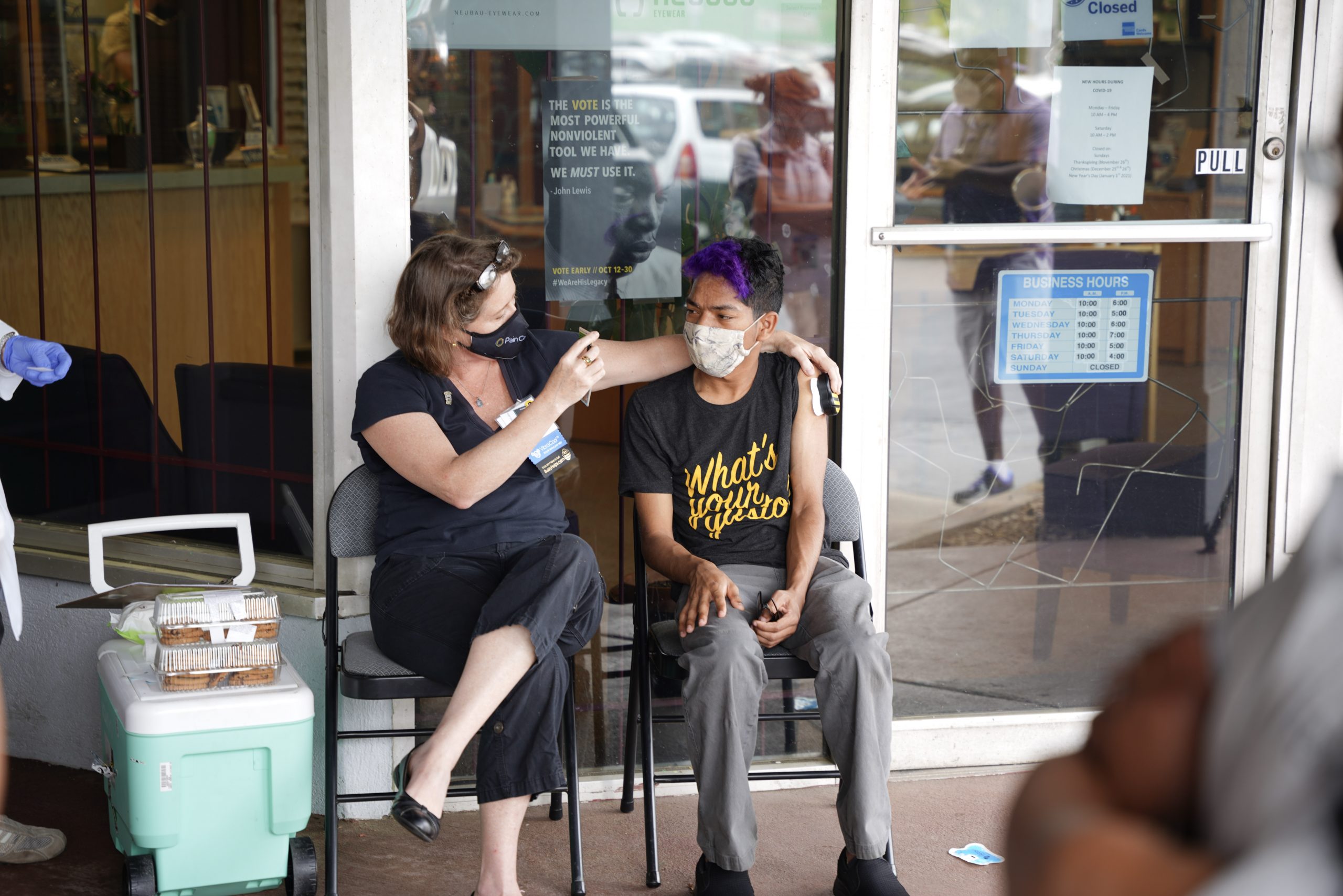
Data on needle fear has been available for some time and experts like Dr. Baxter have been speaking about it but there’s been no response from policymakers. Dr. Baxter makes the case for why needle fear needs to be taken more seriously.
Vaccines for kids 12+ are starting soon, and mandates are coming down, but needle pain is absent in the approaches.
We went to a pharmacy to support vaccinations by addressing needle fear. We talked about FDA approval, differences in mRNA vaccines, and the science behind vaccinations. But we also brought chairs and tools like Buzzy to help make the process easier.
There were 10 people that came because they wanted a handling of needle fear and pain. Only one person came asking about the science. The 10 who had their fears addressed got vaccinated, and the one had the science explained was not.
Elsewhere in the world, addressing needle fear is a regular part of healthcare. Here in the US it is stigmatized with shame. We know that addressing needle fear works and that addressing vaccine skepticism is far less effective. It is more efficient to decrease some fear, or minimize some of the people who don’t come back for a second shot.
Find Buzzy & VibraCool at shop.paincarelabs.com
© 2016-2021 Pain Care Labs, All rights reserved. Secure Web Hosting by CSSI.